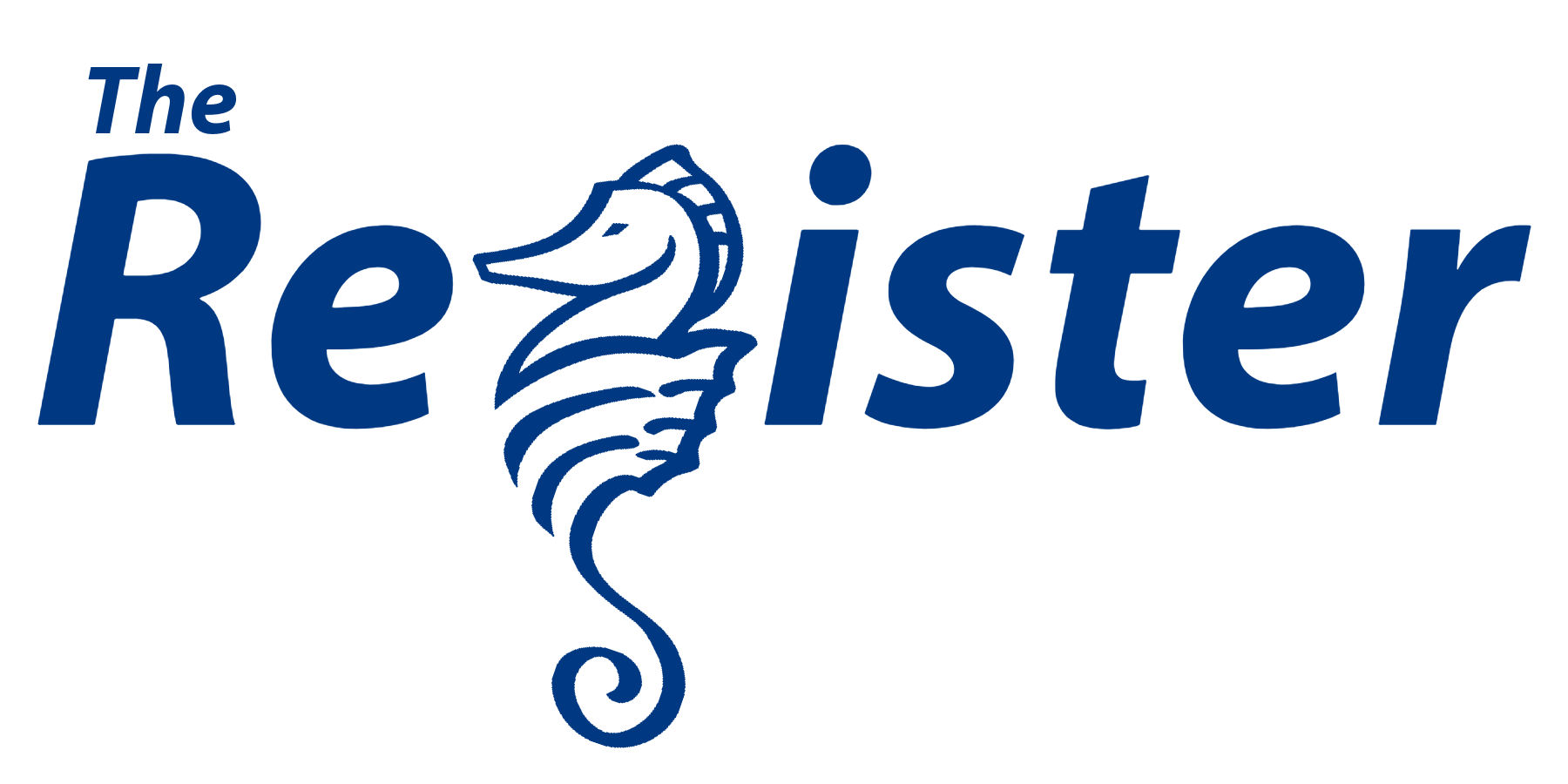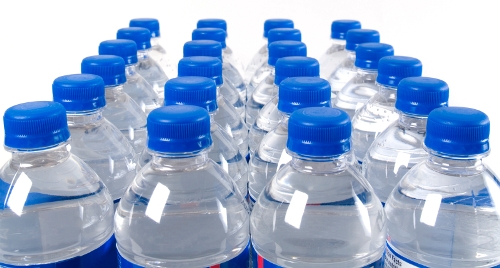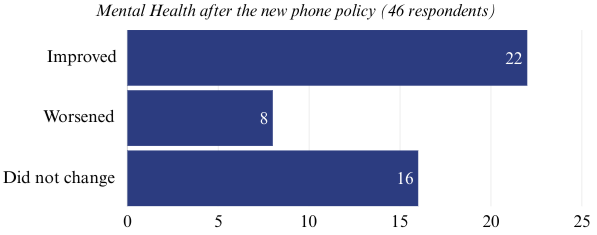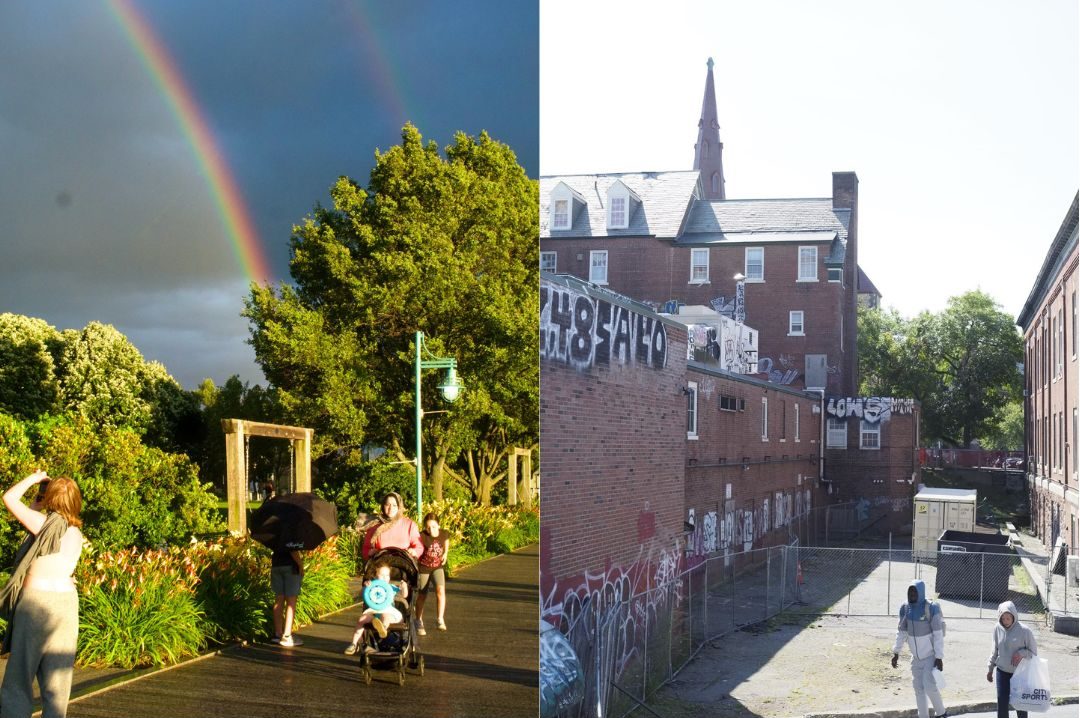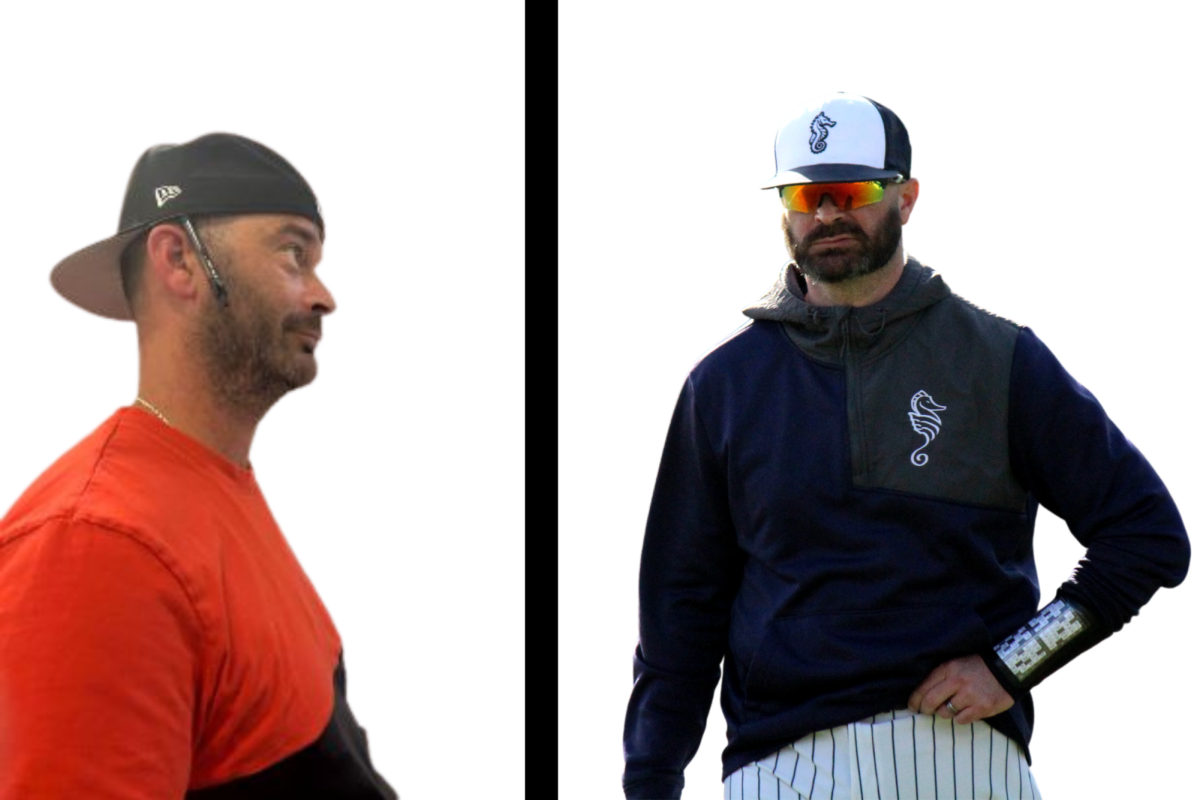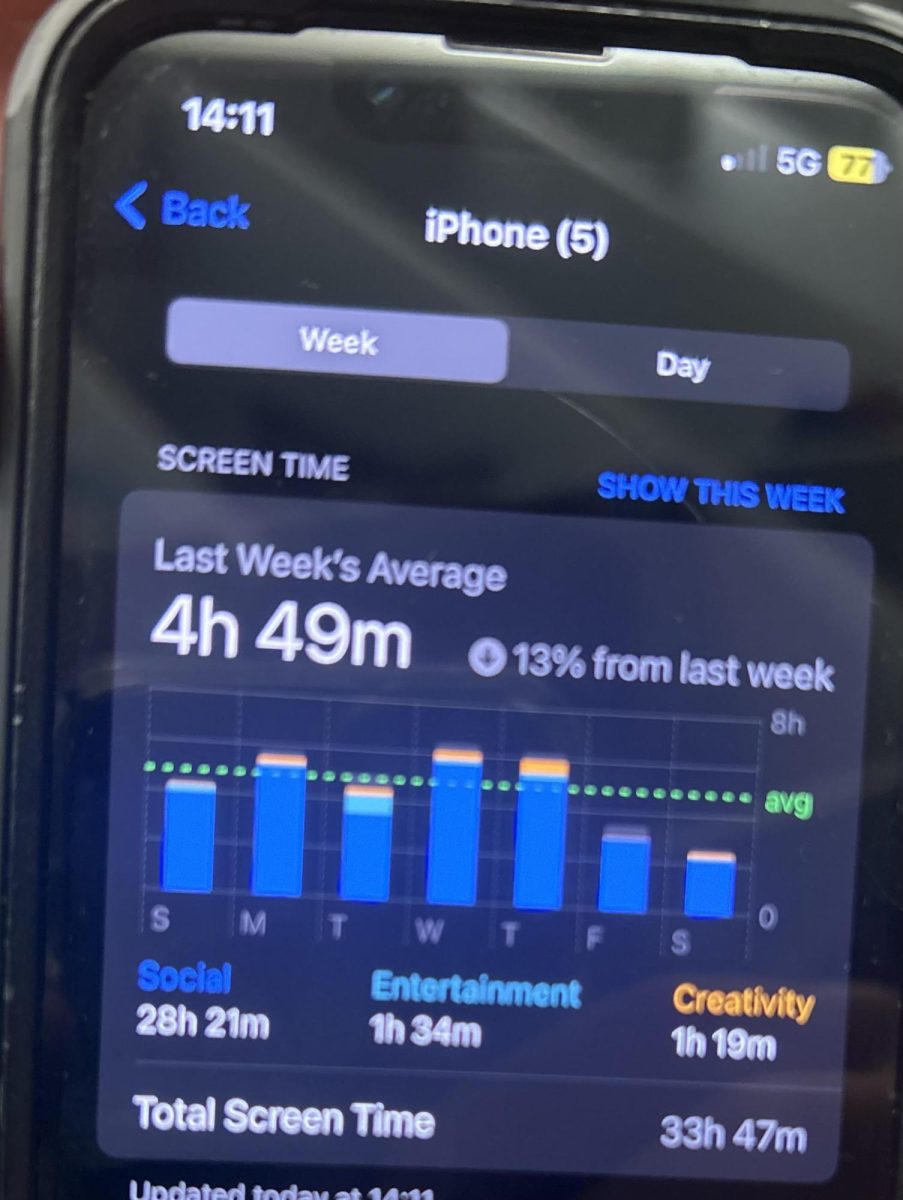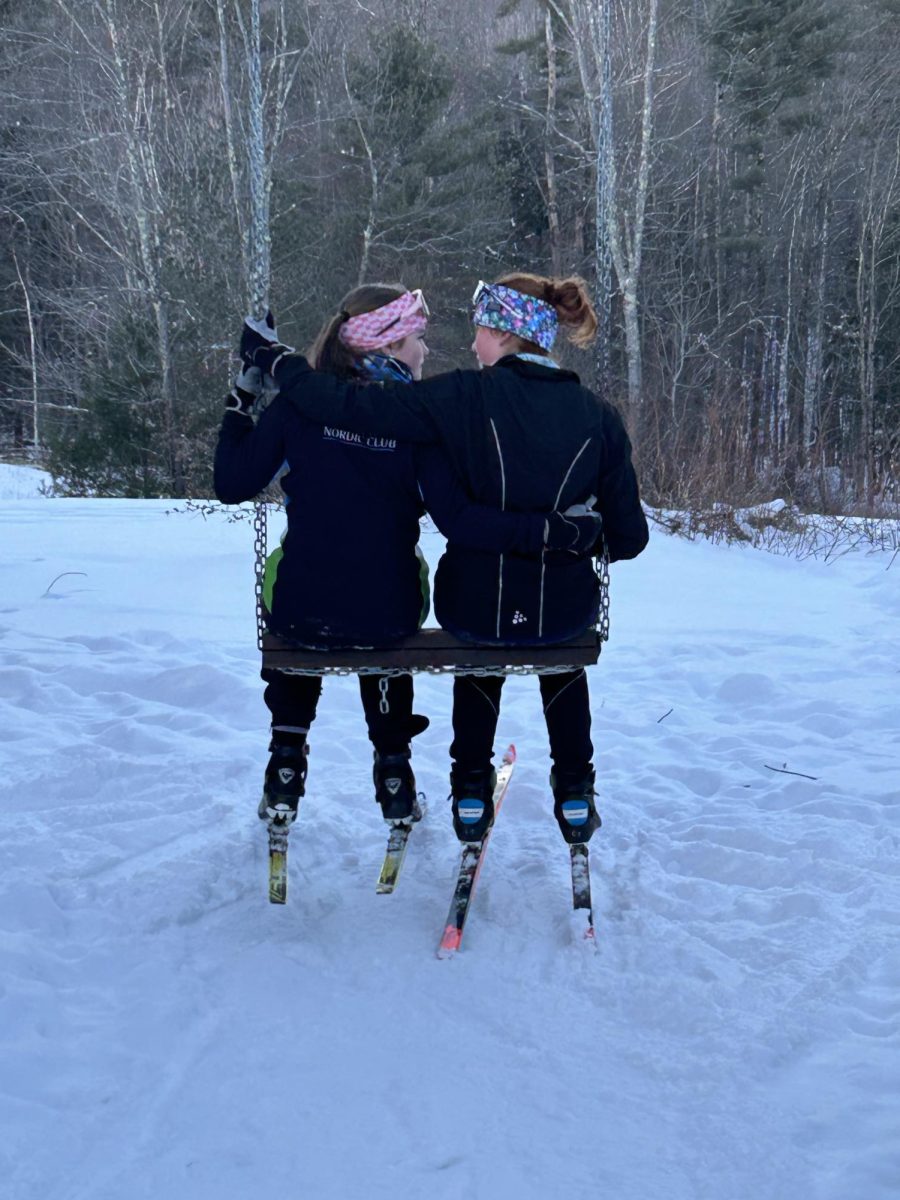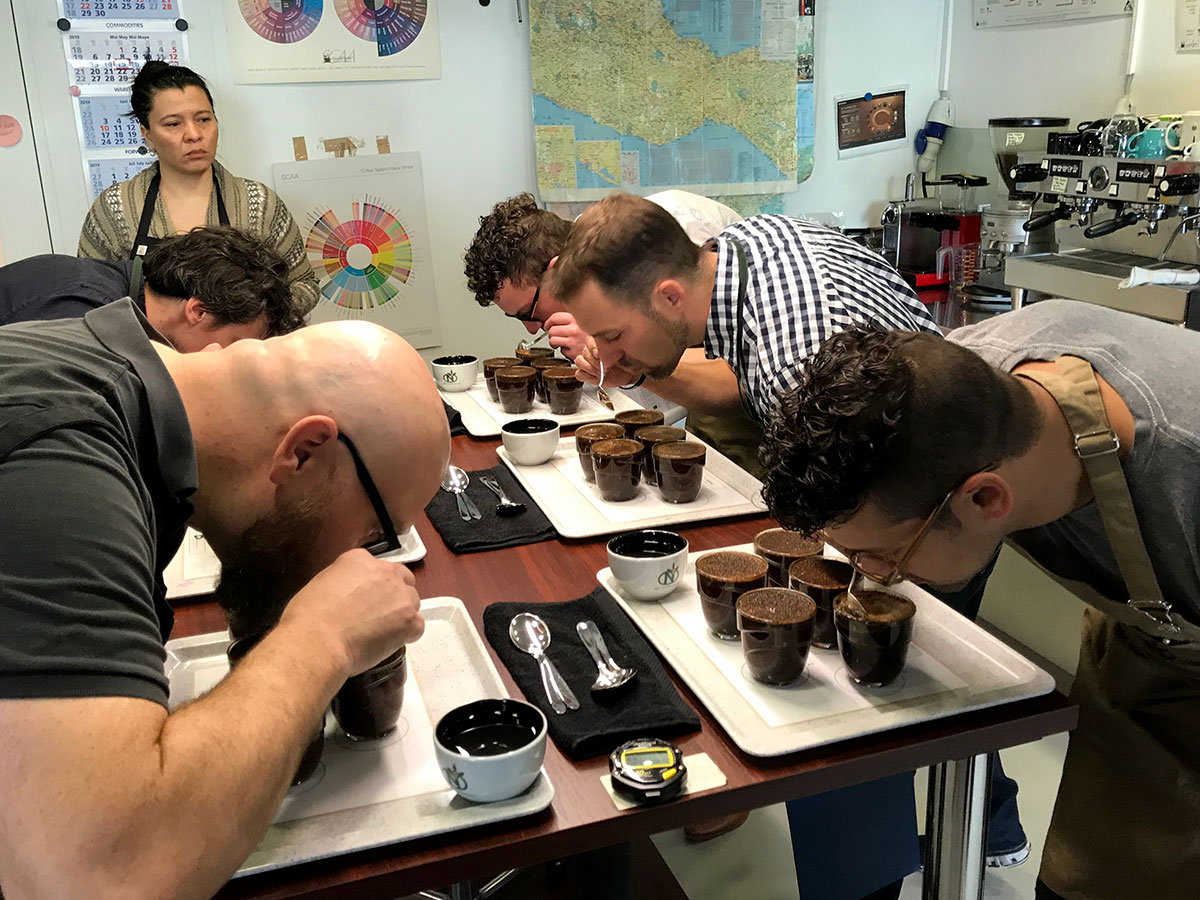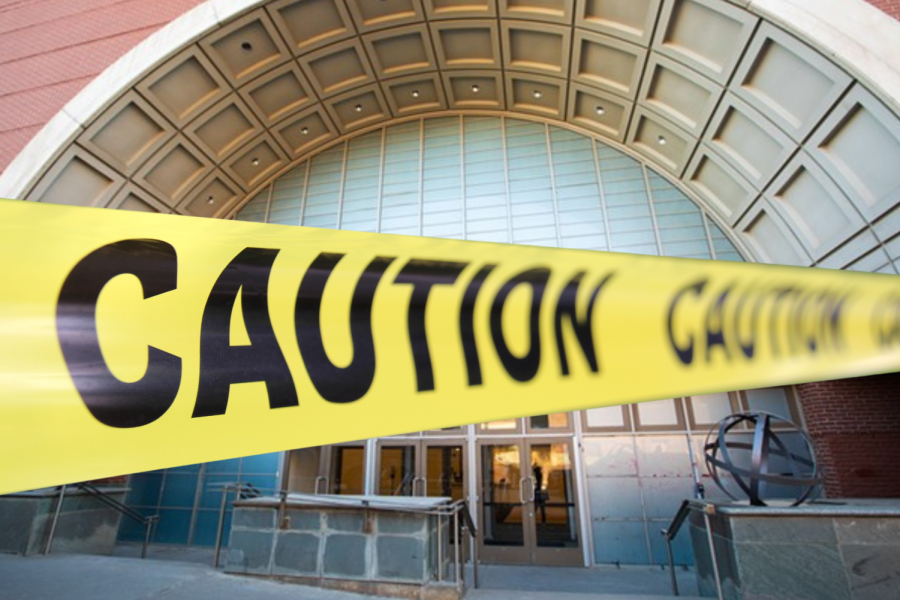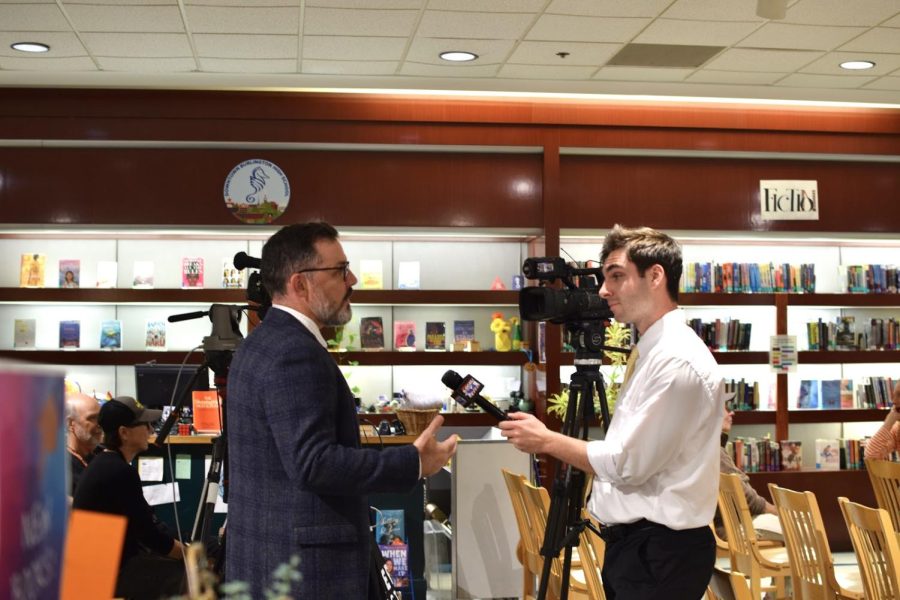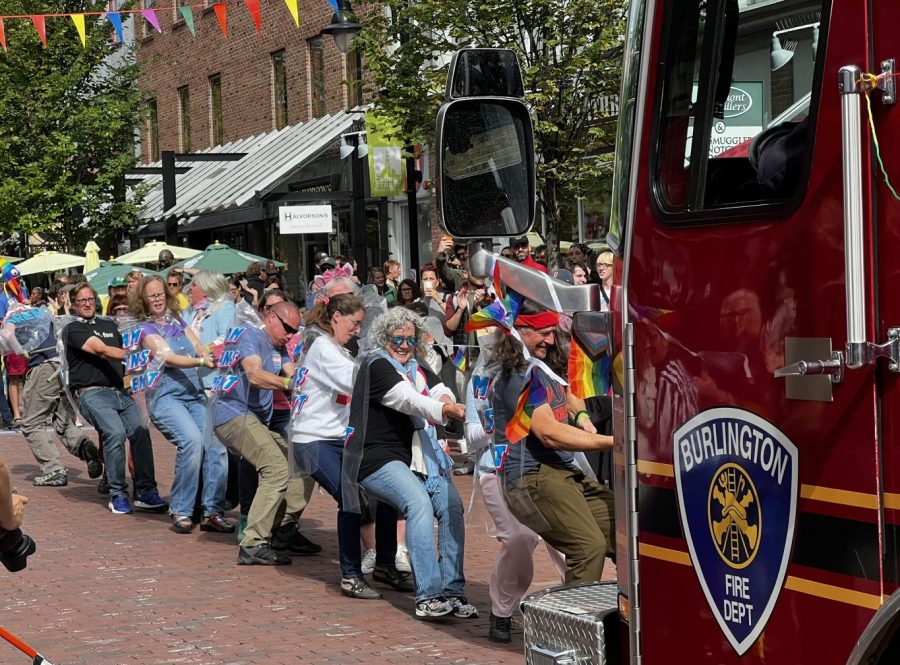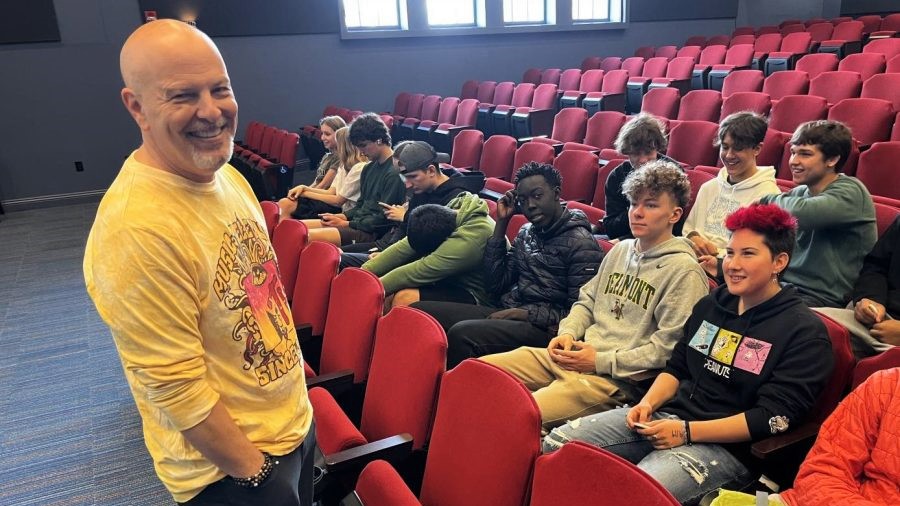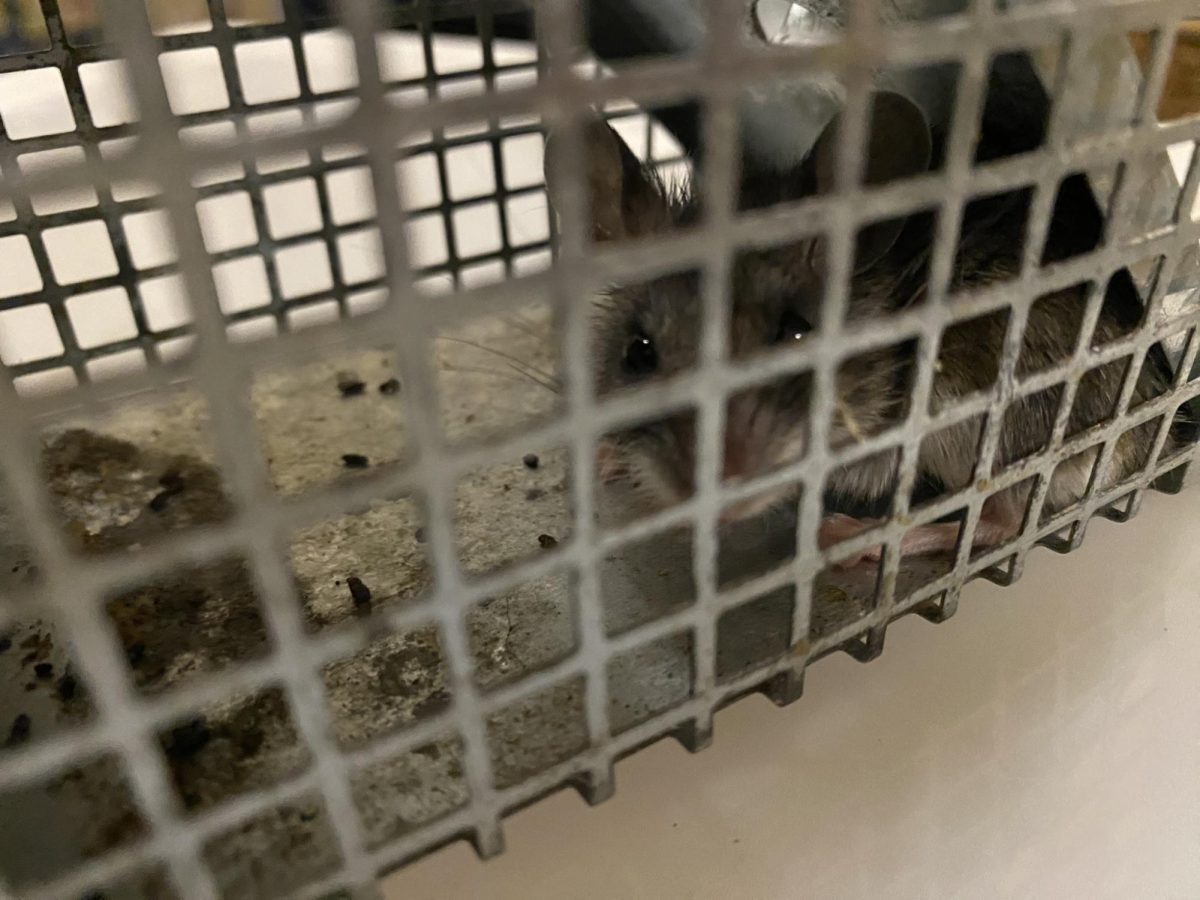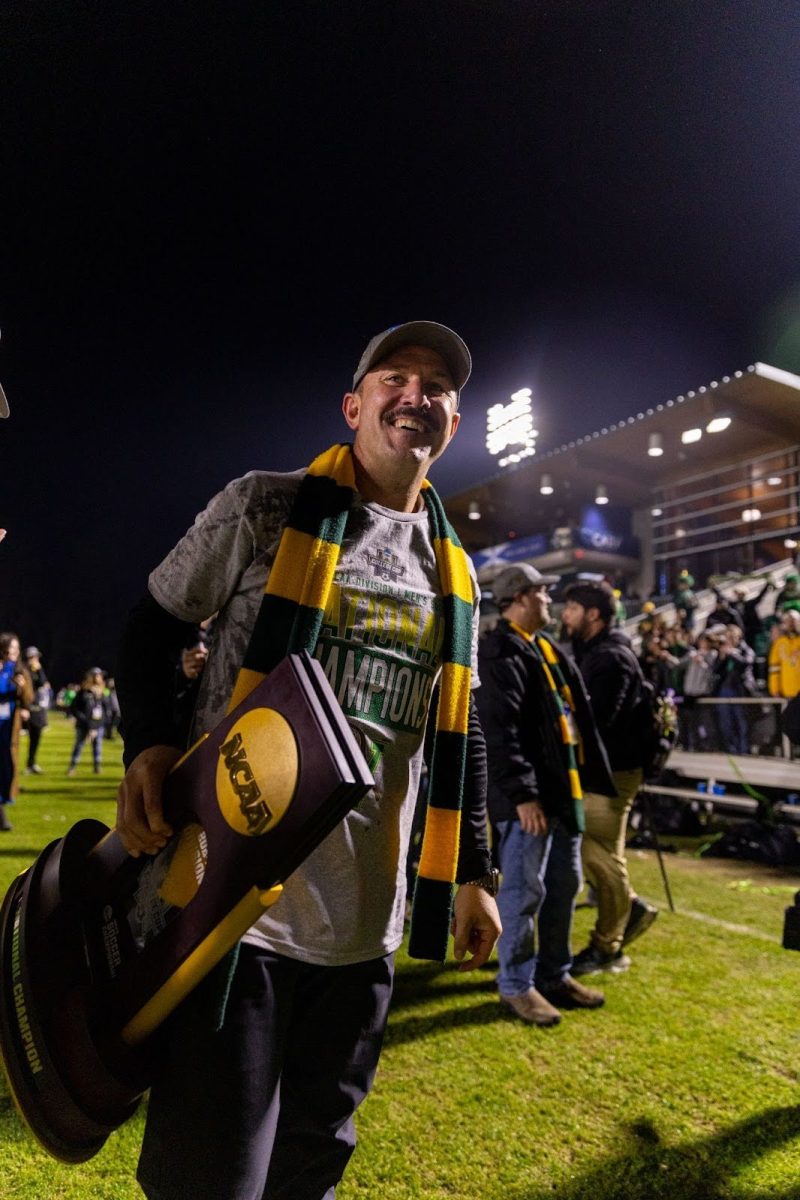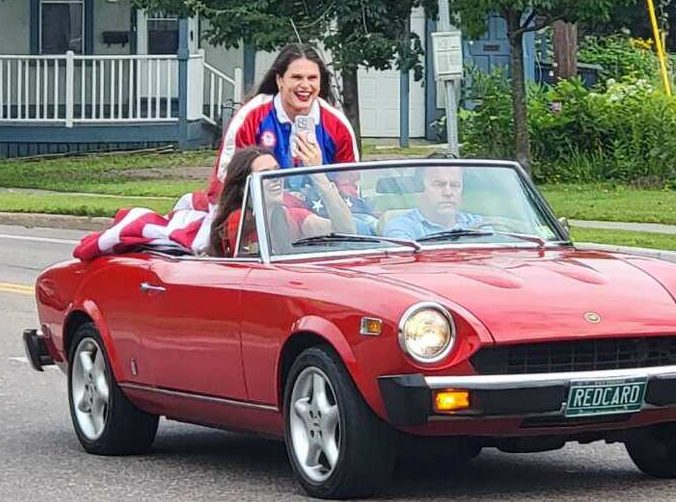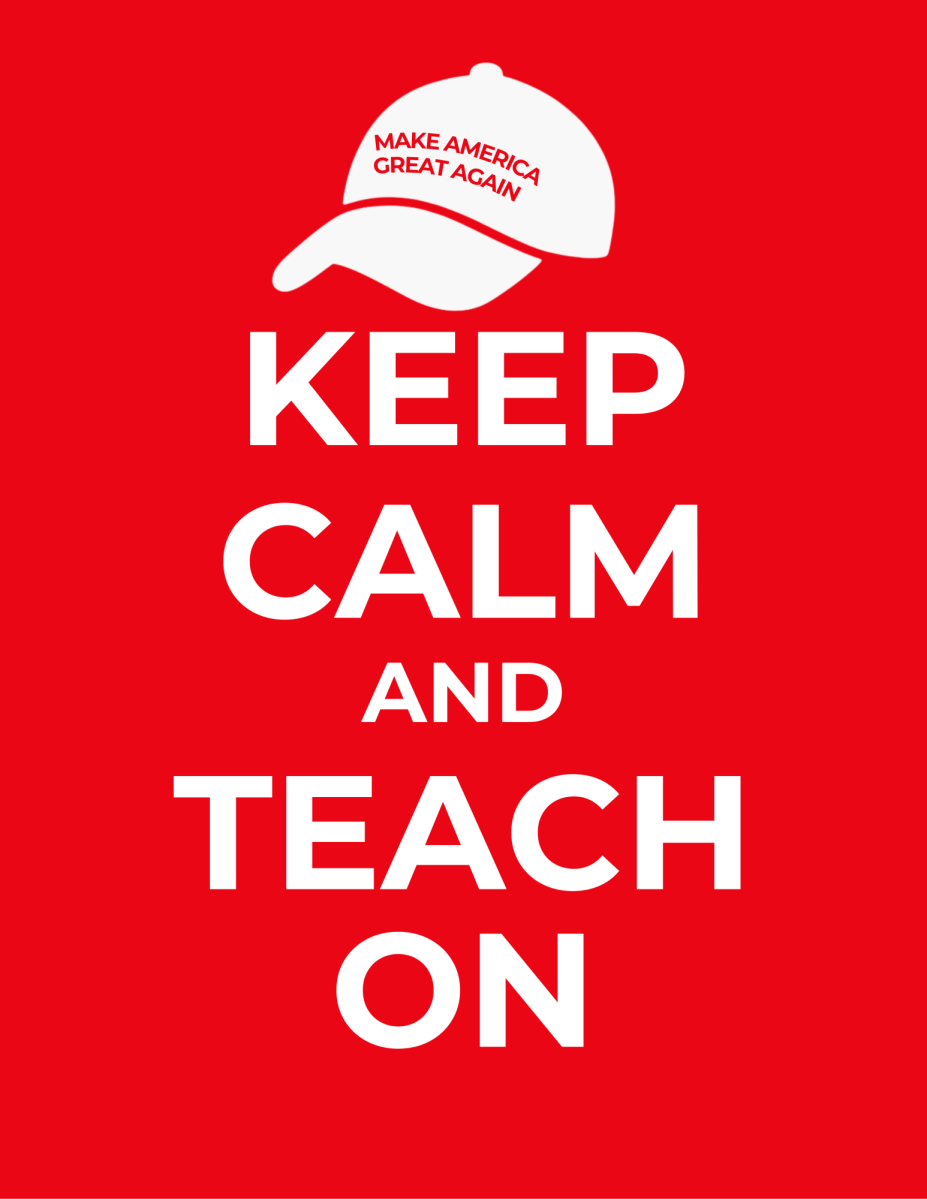1,500 water bottles are being bought every second in the U.S, according to treehugger.com. That’s 90,000 water bottles each minute. While there is access to cold, filtered water stations on campus, Burlington High School continues to buy roughly 100 water bottles a day.
“We sell water […] to generate revenue for our program because our program isn’t funded,” said Doug Davis, the Burlington School Food Project director. The lunch program does not get any money from the district, leaving all revenue to be created themselves.
Decisions about what to put in the BHS vending machines are based on supply and demand, just like in the real world. If students buy products in the vending machines then food service will continue to sell them. Likewise, if students do not buy the product, the item is no longer put into the vending machines.
“Water is one of the things that kids tend to buy and seem to want, so I would be happy if they brought their own water bottles and used the water bottle fillers that we have, but it’s something that kids have always asked us to provide and so we provide.” Davis said.
Every few years the rumor surfaces that BHS will replace the option to buy plastic water bottles with reusable water bottles.
“If kids brought their own water bottles from home and filled their water bottles themselves, and the sales of water was impacted, then just by supply and demand we would have less water bottles,” Davis said. “I think that there’s a feeling that the water coming out of the water fountains isn’t good. And that’s not the case.”
Students bringing in their own water bottles and not buying the school ones would not impact lunch food revenue either. Davis said that water bottles could just be replaced with another product that students would buy just as much. He said he could not be sure but thought that there would be no direct impact to the lunch program budget if they didn’t sell water bottles.
“I don’t know what happens to them after they leave nor do I know how diligent students are, or adults, putting bottles where they belong,” Davis said.
Water Bottle Waste
The Geyser Spring water bottles sold at the high school are recyclable. Davis hopes that once the bottles leave the machine they are either reused or recycled. However, many students notice this isn’t the case.
“Then they should get rid of them. They shouldn’t be wasting plastic. Also they should encourage students to bring their own water bottles,” said Janizer Diaz-Cartagena.
The sophomore believes plastic water bottles should be replaced with reusable ones and that they should be sold at the same price.
“I thought it was more.” said student Hannah Cunningham, when told that BHS sells approximately 100 water bottles a day. Cunningham also thinks thought that using that much plastic was unnecessary and bad for the environment.
Many students at BHS do not know about the level of water bottle sales at the high school. Elijah Labounty said that he does not buy water bottles at BHS very often. Him and Devin Libby, a senior, were surprised by the numbers. They did not know that water bottle sales at school were so high.
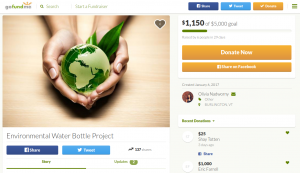
Combatting the Problem
Ella Causer, is co-president of LEAP, the BHS environmental club. Her organization is leading the effort to replace the recyclable water bottles with reusable ones that would also be sold in vending machines.
“[The environmental club] has been working on contacting local business owners to receive funding and they’ve actually secured a $2000 grant from Dealer.com,” Causer said.
There is a GoFundMe page set up by the environmental club to raise money for these new reusable water bottles. They are currently $1,000 short of their $5,000 goal.
The environmental club is also teaching students the proper way to recycle and compost. Causer said that many students do not know how or what to recycle and what to compost. They end up mixing them up and contaminating both. To fix this problem, the environmental club will be working with advisories.
To combat the problem, the organization has developed a new community service opportunity called “Trash Talkers.” Students will earn one hour of community service per lunch period for standing near the waste bins and helping students separate their compost, recycling and trash. Students can contact the environmental club for more information.
